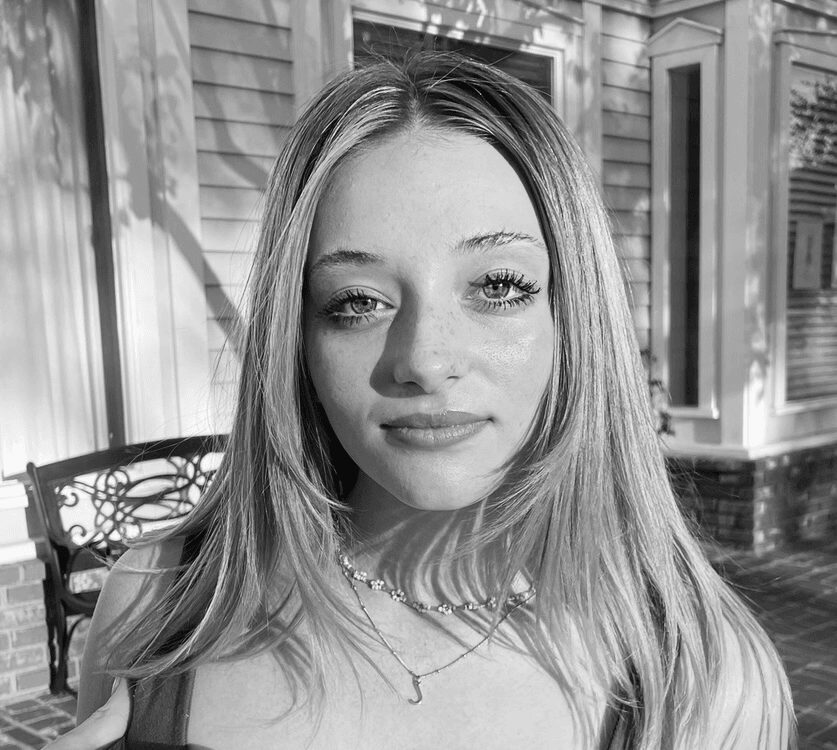We recently connected with Jessica Kemper and have shared our conversation below.
Jessica, thanks for joining us, excited to have you contributing your stories and insights. What did your parents do right and how has that impacted you in your life and career?
Trying to pinpoint things that my parents did right is like trying to count the grains of sand that there are on the beach. It is eternal, never ending, and would be silly for me to try to turn into a numerical list. However, I do strongly believe that there are a handful of things they did that helped to impact my career and life. For this reason, I am going to do my best to attempt to touch on just a few of the things that they did and continue to do on a daily basis that I believe are important for other parents to understand too.
The main thing that my parents have always done is supported me. They have supported me throughout my entire life and made not only me, but my dreams as well, a priority for them in order to help me get where I wanted to go and achieve the things I wanted to achieve. This was not always such an easy and simple pathway, however life never is.
Some big lessons I believed that I learned from them that have helped me in all situations throughout my life are to be kind and honest, to remain calm in all types of situations and to have good self discipline and control, to do the things that you love and never let anyone tell you what you will or will not be able to accomplish, to have good self awareness and awareness of others, that no matter how busy you are, you always have a second to show kindness, that if you want something- no matter how difficult it is, you can put priorities on it and make it happen, that even if you feel you are right in a situation, oftentimes it is more productive and beneficial to put your ego aside and take accountability for your actions, own up when you make mistakes, and apologize, to always act and never react to situations, to never lash out on your immediate feelings when something upsets you but to take time to calm down and put yourself in the other person’s shoes and then to respond in a way that de-escalates the situation versus saying things that you don’t mean and can’t take back, to always say goodbye when you part ways because you never know what could happen, and to always hold your head up high and keep going because no matter what drama cycles through- it is always just that- drama cycling through and when it is gone, everyone will see who you are and know the truth, even if it takes them some time to do so, and that the right thing to do is always the hardest thing to do, and that’s how you know it’s right.
There were many things that my parents did for me, but to just start with the simplest of them is my sport. I am a figure skater and my parents live a good 45 miles from the closest rink at minimum. This means that just beginning my sport required a commute. It is the shortest commute we have been lucky enough to have to the rink since I was only 4 years old and I have been in this career for 18 years now. For a long time, we would commute to other rinks as well for me to skate on different teams and to train with specialty coaches. All of these things were difficult to accomplish because both of my parents work full time and spent most of it working hours away from where we lived, yet they always found a way for me to get to the rink, not only for my lessons, but to practice on my own as well. At one point, I remember vividly skating at nine different rinks a week. I would have late nights training and early mornings with a commute that was not even possible to get home and sleep for more than an hour. On Friday nights, I would train in Burbank until around 10-11 pm (58 miles from home) and then have to be at the rink at 5 am the next morning in Lakewood (89 miles from home) for jump and spin lessons with Olympian coaches. Eventually, we bought a small motorhome and we would stay at a friend’s house at a halfway point from one rink to the next to help get a few more hours of sleep in. There were years when we realized we spent more time in there than at home, and oftentimes we’d be so tired from running around, working, and studying that we would keep saying “one more night here” and end up having been in it for three weeks.
For years before and after this, we would be up by 3 am every day so that I could go to the rink, warm myself up and stretch off of the ice, skate by myself training (oftentimes with no lesson from an instructor) for a few hours before I had to go to school and my parents to work. When I went to school by home, I’d go home with friends to do homework until my dad could pick me up to go back to skating or to go home. When I finally went to school by the rink, my mom would sneak out the back door at work to pick me up and drop me off at the rink to skate more after school. For several years, I would go to dance after this for several hours until 10 pm before our hour commute home and yes- I had a lot of homework to do in the car. I spent hours a day skating on crowded afternoon publics, and no matter how many people I hear complain about skating them even when they aren’t crowded, I had so much fun. Everyone was always watching me so I got to practice my performance skills and how to act in a humble and professional manner around fans. I got to learn how to be a role model for the little girls watching me skate everyday and even to their parents for watching me warm up off the ice thoroughly for hours before I got on. I learned to still work hard and train even without my own role models around anymore and no higher level skaters at my rink. The reason I ended up coaching was actually because some of those parents wanted me to help their girls do the same and we started off the ice. It was funny to me to get paid when I was 16 for just having fun with these little skaters and helping them to grow as young athletes. I had never wanted to be a coach until I realized how much I loved it and I found joy in being young and unexperienced with coaching as I was able to challenge myself to come up with new ways to help the girls understand the biomechanics and performance that comes with skating.
While my other friends at other rinks would complain about not wanting to skate like I did, because it was too many hours, too early in the morning, they’d have to skate alone, they didn’t have a lesson, or it was a public session, I would be grateful of it all for without it, I wouldn’t have been able to skate. For me, there were no other options but to do what we did and live the lives my parents and I did. I would never give back a second of that time, and I would never go back and change any of it. If I had it easier or got the things I thought I once wanted, I would not be where I am today and I would not be the person who I am today. Skating has made my life mine, and my parents made skating possible for me. If you ever feel like you really are meant for something but there are challenges with distance, time, or money, just know that it IS possible. YOU can make anything you want happen with passion, hard work, dedication, good calendar habits, and of course- PRIORITIES. I learned this from my parents.
Some things I think are important for parents to remember with their young children and athletes are that what you say and focus on WILL stick in your children’s minds. This goes for coaches too as children are young, oftentimes unknowledgeable about situations, and easily influenced. I was lucky enough to have had such a strong interest in sports medicine, biomechanics, and general health growing up because I took classes and spent time researching things on the internet in relation to my sport. Many people I knew growing up suffered from eating disorders that they eventually started due to comments that their parents and/or coaches made to them that made them unintentionally start following bad food habits. My parents never were like this, however I did have some coaches throughout my career who would make comments to me about it. Luckily for me, I knew what eating disorders were and the dangerous situations that come from them so no matter what anyone said, I had the awareness to keep myself from ever entering one of those situations even if I did still face insecurity with my body like others did. I think it is extremely important to be mindful of these things because you never know what comment can start an endless chain in someone’s head. In addition, I think it is important to have your own knowledge as a parent of these types of situations so that you are aware and can also help educate your children on them to prevent any unhealthy patterns in their training.
Another thing that I believe was important that my parents did, was that they never focused on placement. When I competed, I competed to have fun and try to do my best. When I did my best, I was happy with my performance and when I didn’t, I learned important lessons for how to become better and be able to do my best next time. By my parents never having a focus or any comments on how I needed to place, I would make my own. For me, even if I won an event, I was not happy unless I skated my absolute best. I would feel I didn’t deserve it if that was the case, however if I skated my absolute best and got last in the group, then I was still super happy that I reached my goal of doing my absolute best or scoring the highest points or landing this jump for the first time in competition. I feel as a coach now, that there is a difference in students based off of the things that their parents say. It is not always a negative thing that has to be said, sometimes just telling the child that “it’s okay” when they place or score low but skated their best can unintentionally get in the child’s head. Even though it isn’t meant to, asking things like that can make the child think that they did bad or that you were unhappy with their performance even if you are only trying to focus on making sure they are okay. I recommend waiting to see how they react first before making any comments, because many times I find that a skater may be happy when they get off the ice and they debrief their skate with me and we focus on the positives and celebrate those little successes, but tend to get a little sad and worried when they go to speak to their parents because they are worried they won’t be happy with them if they fell or their scores came back low. It is important to teach kids that every step out there is a success. Sometimes it’s not even about skating clean, but just getting out there in front of an audience and judges and trying. It takes so much to be able to do that alone and that is something to celebrate.
Skating is not about winning, and if you are only skating to win, you are doing it for the wrong reasons. It took me years and years before I started winning events and once I did, it was pretty consistent for me to always do well in competition in both performance and scoring. However, I remember vividly the day when I started to realize that my focus shifted. I scored low in an event for the first time in a long time after skating the absolute best I could have (while being injured too) and I was so upset. I actually got more upset with myself for being upset about my score than I did with the score itself. I skated my best and I was happy when I got off of the ice. That happiness left when I saw the result and that was the exact minute when I had to tell myself to stop everything and take a step back to remember why I skate and why I started. I was not the skater who skated to win and I had to take some time to reflect and remember that I skate because I love it and the results at the end of the day really don’t matter at all.
When it came to winning the lottery, I did twice when I got lucky enough that I had the mom and dad I did growing up. I didn’t even get a chance to touch on how much work they did out of the way of volunteering, building props, managing teams, running test sessions, etc. that they also did to help support me and the sport of figure skating as a whole, but they did. These are some things that I really hope some parents can learn and take with them because they have really helped me as a person and as a mentor to other young athletes and I can see the impacts parents make on their skaters every single day that I work with them. My parents still do all of these things and support me every single day and I know that they always will. I hope that there is something you can take away from my story as you are creating your own.

Great, appreciate you sharing that with us. Before we ask you to share more of your insights, can you take a moment to introduce yourself and how you got to where you are today to our readers.
My name is Jessica Kemper, I am 22 years old, and I am a Professional Figure Skating Coach and Choreographer, as well as the Founder, Head Coach, and Head Choreographer of Kemper Choreo Company. I have been a competitive figure skater for the last 18 years, and I was a competitive dancer outside of skating as well. I have been coaching private lessons for six years now and have girls who compete at the National level in Showcase Skating. I have previous National and International titles for Theater on Ice and for Showcase Skating in solos, duets, and mini productions. In addition, I am certified in the Masters of Choreographic Techniques by American Ice Theatre, Ballet for Figure Skating Teachers Training by Annette Thomas, and the Coach Core Certification by U.S. Figure Skating as a certified and eligible U.S. Figure Skating Coach. I have a recognized Fundamental Level Showcase Ranking and Basic Accreditation from the Professional Skaters Association, as well as Associate Degrees in Kinesiology for Transfer, Liberal Arts in Health Science, and Physical Education from College of the Canyons. I currently am attending California State University of Northridge and am expected to graduate with my Bachelor’s Degree in Kinesiology for Exercise Science in Spring of 2025. I hope to attend Graduate school in Fall of 2025 to obtain a DPT (Doctor of Physical Therapy) and a PhD in Sports Psychology. I am a current competitive showcase skater and a previous competitor of Team USA.
I strongly believe in my coaching philosophy of “Skater First”, which prioritizes the happiness, healthiness, and safety of the skater and the skater’s best interest FIRST above anything else. I believe that promoting good communication and collaboration between the skater’s entire team (parent, doctor, instructor, skate specialist, etc.) is essential in order to ensure that the emotional, physical, and mental well-being the skater is being put first. I believe that being prepared, establishing clear expectations, and setting goals is crucial to creating a positive and healthy environment for everyone involved. It is important for everyone to understand their own values and how they contribute to the overall success of the team in order to create a culture of respect and unity. I also believe strongly in using pedagogy, methodology, and cueing to help skater’s develop the proper biomechanics needed in order to prevent injuries, increase knowledge, and establish a well rounded skater.
I began actions to start my team, Kemper Choreo Company, in September of 2023. I have skated for many years on teams for Theater On Ice, Mini Productions, Large Productions, and shows. In addition, I have been on numerous competitive dance teams outside of skating as well. Two of the teams that I have competed on for years that are more commonly known are Culver Ice Productions and Los Angeles Ice Theater. A dream of mine was to begin my own team for many years in order to challenge myself to try something new. My team is currently a Large Production team, however I hope to one day be able to compete in the Theater On Ice division. I have recently taken a partial step back from my own personal skating in order to focus on preparing my students for Nationals in addition to focusing on my studies. I also have just finally reached diagnosis for back injuries that I have been dealing with for the past nine years that have been worsening in recent years, so I hope to see improvements in my health soon so that I am able to come back to the ice fully one day.
One of the main reasons that I wanted to start a team was to try to incorporate pieces of lyrical and contemporary dance movements onto the ice. For many years, I have seen a lot of musical theater numbers that are very well known and they are always so incredible. However, I wanted to challenge myself to do something that hasn’t been done in Production skating in the Showcase world yet. Solos and duets have tapped into similar ideas a little more within recent years, however I haven’t seen any production teams do it yet. I have been challenging myself to play with different types of choreography and movements and to try to find ways to story board and come up with new ways of telling a story and bringing art to the ice. A story that does not have the “lines” to tell itself or the common popularity of the theme amongst people already known. It has definitely been a challenge so far, but I feel like I learn new things every week that help me grow as a coach outside of the team as well. I also have been trying to bring in people I know who are in a similar place in their careers for different sports or disciplines of skating to help bring new perspectives to my skaters and myself as well. I believe that we all have something we can learn from other career experts whether it be acting, dance, cheer, synchro skating, professional performers, etc.
Another thing that I am very passionate about with my coaching is teaching correct biomechanics, which I have spent years studying in school along with learning about in my Ballet For Figure Skating Teachers Training class taught by Annette Thomas which focuses on the Vaganova Pedagogy of ballet specifically for figure skaters. I also feel strongly about sports psychology and the mental and emotional well-being of athletes, as equally as I do about their physical well-being. I try to incorporate these pieces of my studies into my daily teachings in hopes to try to give my students the knowledge and correct body awareness that I have spent years accumulating through multiple rinks, coaches, schools, and seminars.
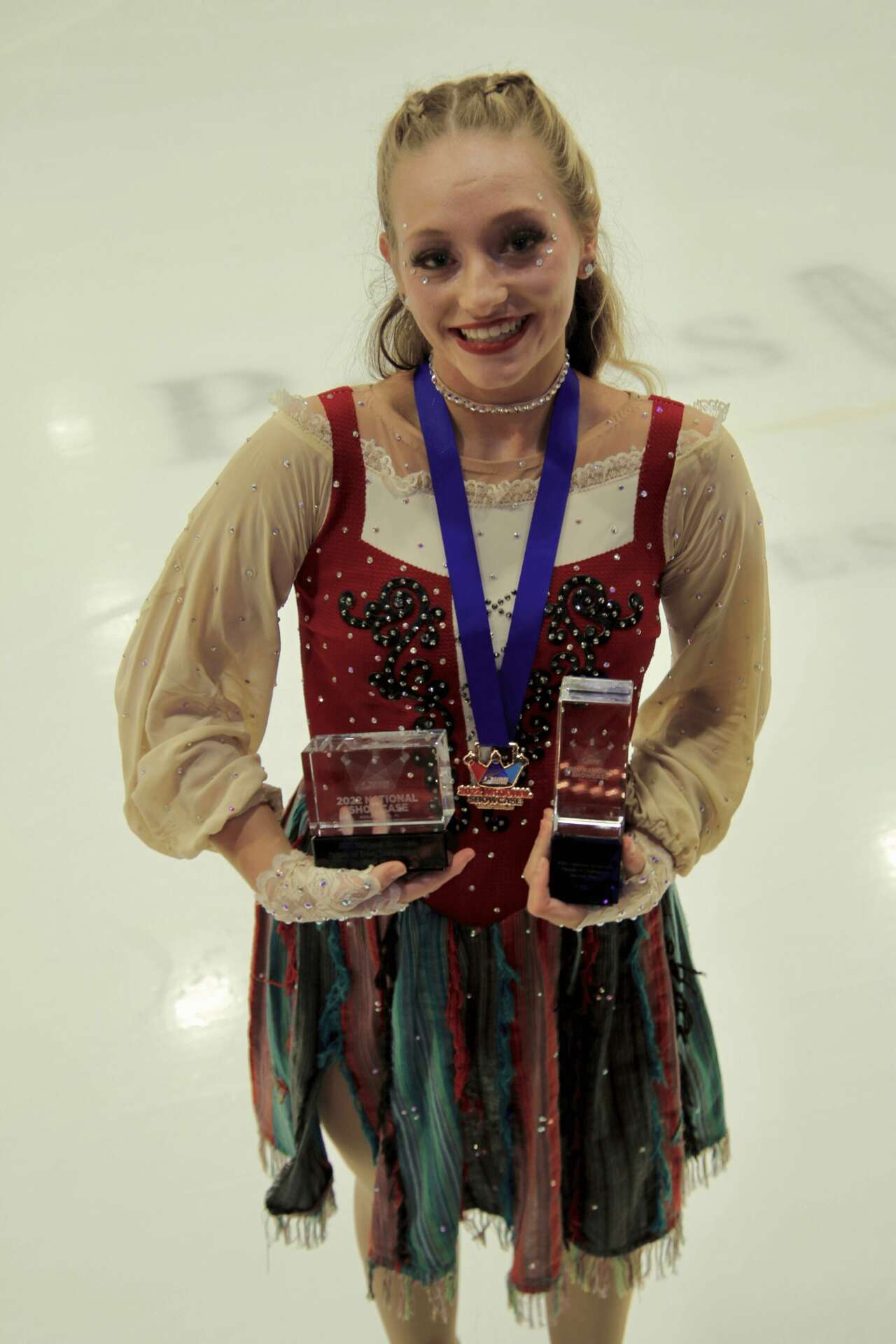
How do you keep your team’s morale high?
Advice that I have for managing a team and maintaining high morale include showing up early and being prepared, setting clear expectations and goals, creating a positive and collaborative environment, encouraging your team to know their own values within a team and supporting each other, prioritizing the health and well-being of your skaters first above a desire to win, ensuring everyone knows how they contribute to the overall success of the team, actively listening to concerns and suggestions, collaborating with other coaches and professionals in order to provide the most balanced types of athletes, having clear communication, highlighting the importance of hard work, dedication, and passion, giving constructive feedback as well as praise when warranted, keeping an engaging environment by providing challenges to promote growth, promoting team bonding outside of training, encouraging a family environment between teammates and their entire families, supporting and acknowledging the person beyond the skater and celebrating successes both within and outside of skating, and creating a culture of respect for both the leaders and the members of the team.
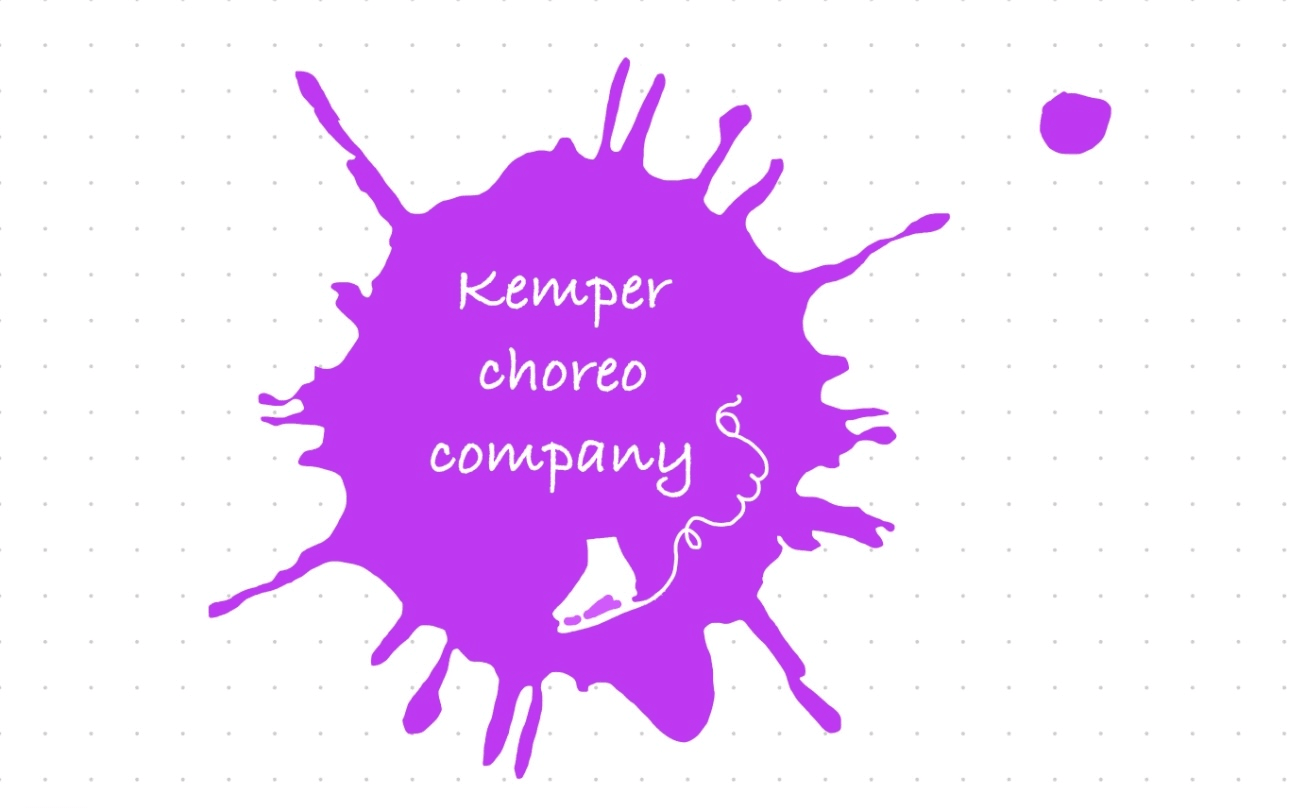
How about pivoting – can you share the story of a time you’ve had to pivot?
One of the biggest times when I had to pivot in my career, was when I made the confirmed switch from technical skating to showcase skating after having spent 16 years focusing primarily on technical. Technical skating, although more commonly known, is very hard on the body mentally, physically, and emotionally. In addition, it is an individual sport that is oftentimes lonely and can verge on topics of being quite toxic. I pivoted when I no longer was clear on what I wanted my skating direction to be, and turned primarily towards showcase skating due to my knowledge of it from occasional recreational competitions with friends and my years spent on Theater On Ice. I found that joining a structured, competitive environment in the form of a team, duets, and solos allowed me to understand the importance of having a strong support system, friends to cheer each other on, and the performance and artistry aspects of skating that were much more fun and tailored to my style of movement than technical skating had been for me. I found that it was not only more fun to perform and train for, but for the audiences watching as well. I think that it was at least as much if not more training that I was doing as a technical singles skater, and took even more dedication towards performance than I had used as a singles skater. Even though the jumps and spins do not acquire points in the same way that they do for technical skating, the performance aspect and full range of three-dimensional body movements, strength and flexibility in holding tricks, and executing jumps and spins only of a high quality nature requires difficulty and practice to still be needed in order to be successful. It was a highly influential moment in my life as it is what started me toward the career path that I am on now and to remain in a specialty of Showcase Skating that I want to provide to younger skaters too. It took me a long time to understand how great showcase skating could be for my skating as a whole and I am so happy to see more and more younger generations becoming part of the world of showcase skating each year.
Contact Info:
- Website: https://kemperchoreocompany.com
- Instagram: https://www.instagram.com/kemperchoreocompany?utm_source=ig_web_button_share_sheet&igsh=ZDNlZDc0MzIxNw==
- Facebook: https://www.facebook.com/kemperchoreocompany
- Linkedin: https://www.linkedin.com/in/jessica-kemper-8600a4294/
- Youtube: https://www.youtube.com/@jessicakemper8975/videos
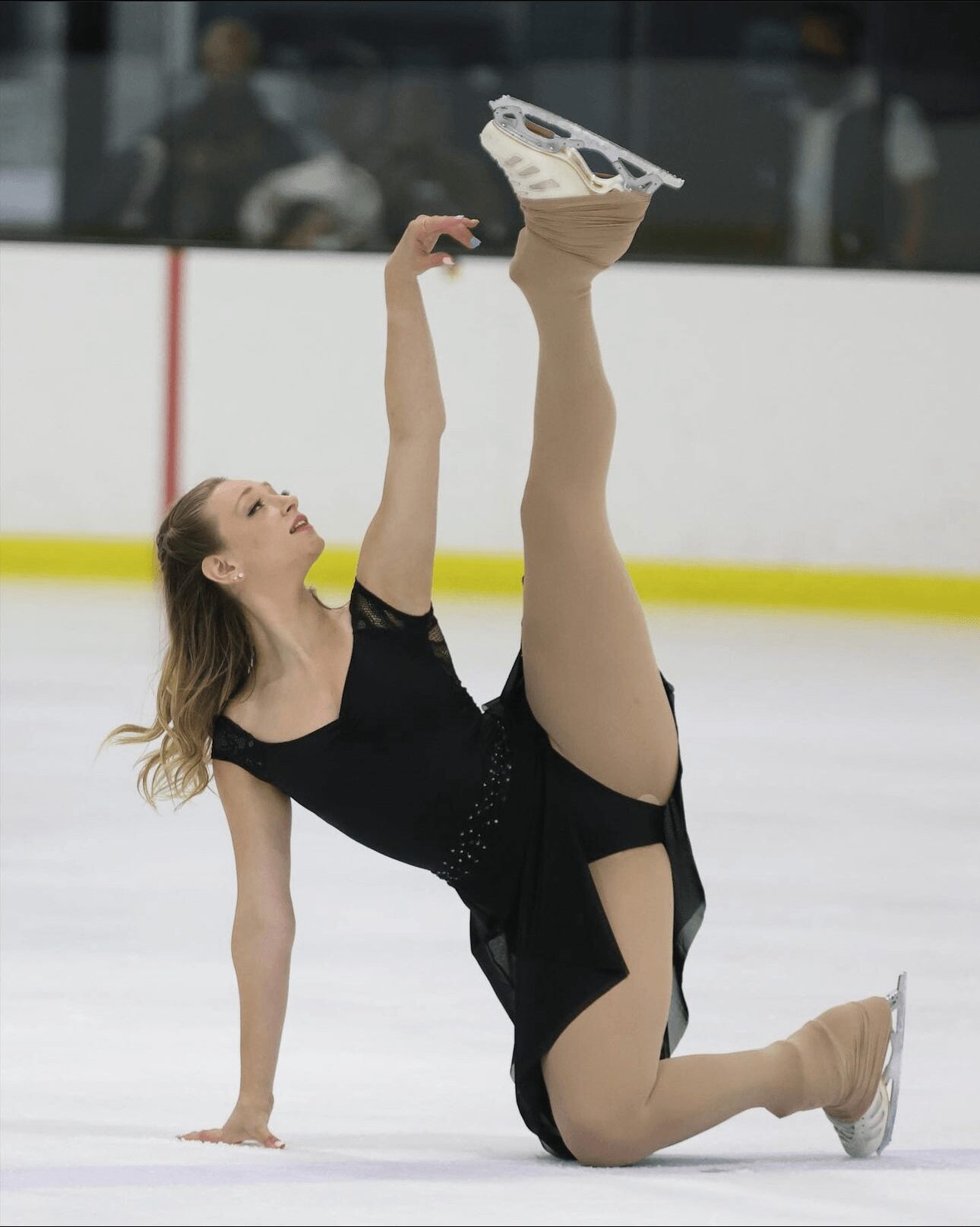
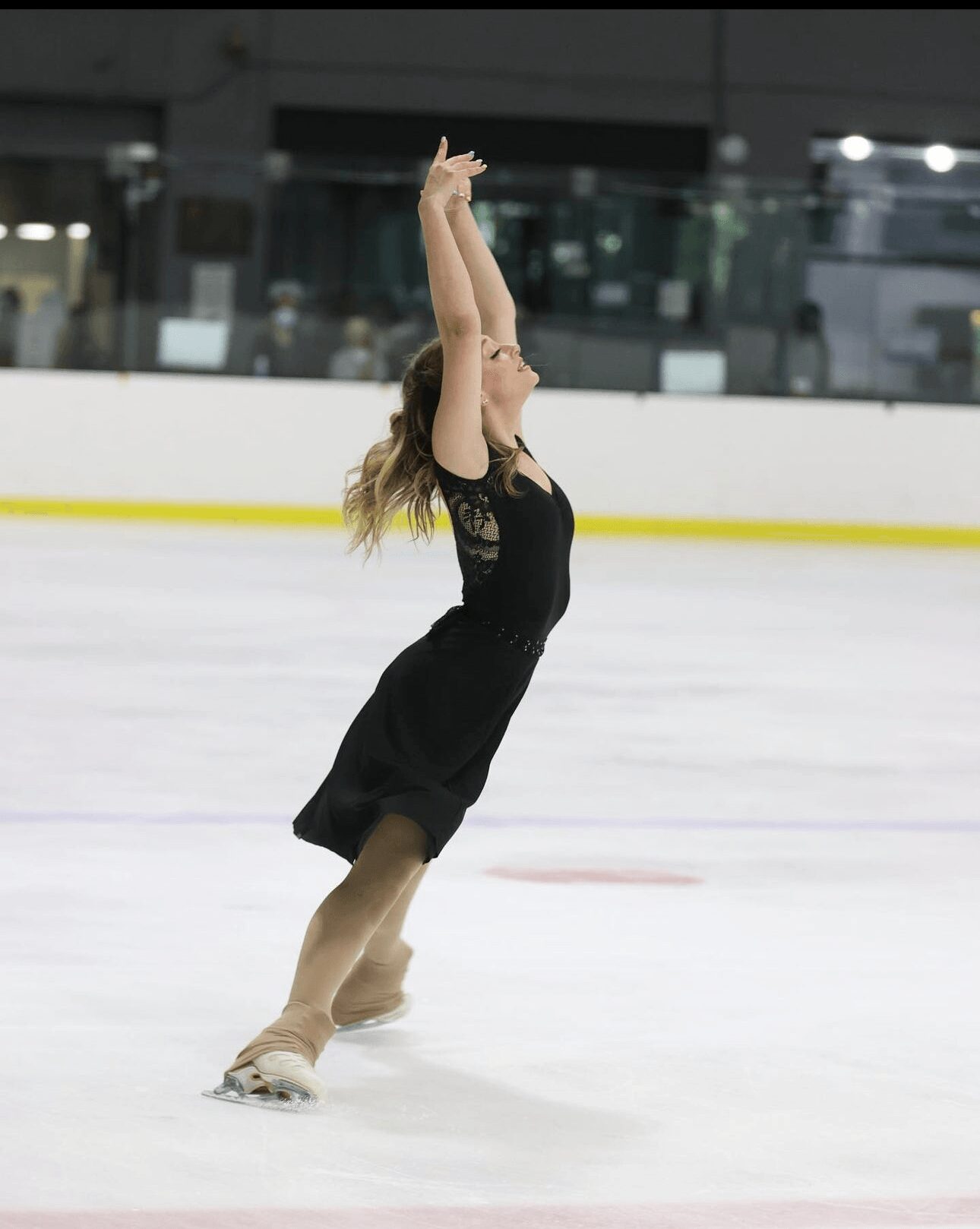
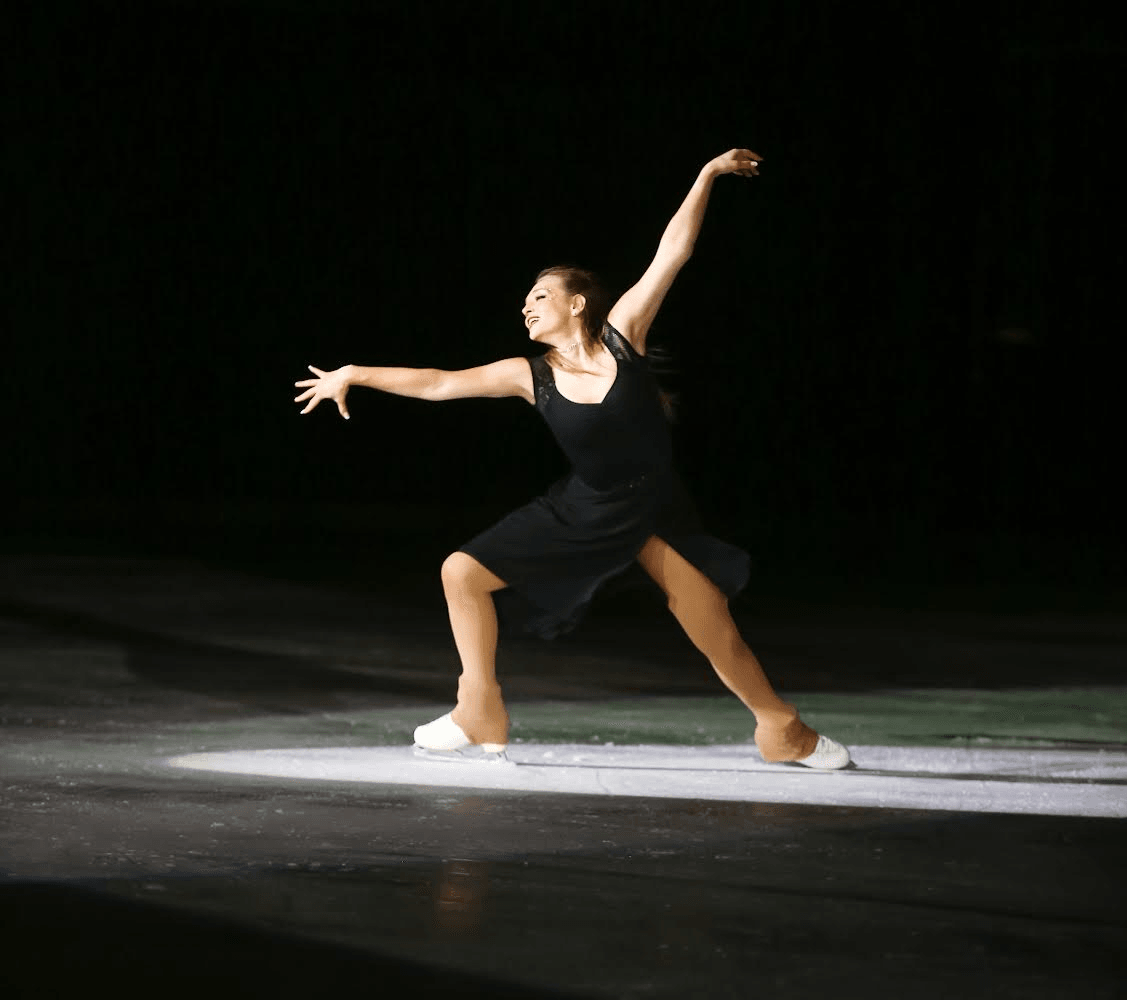
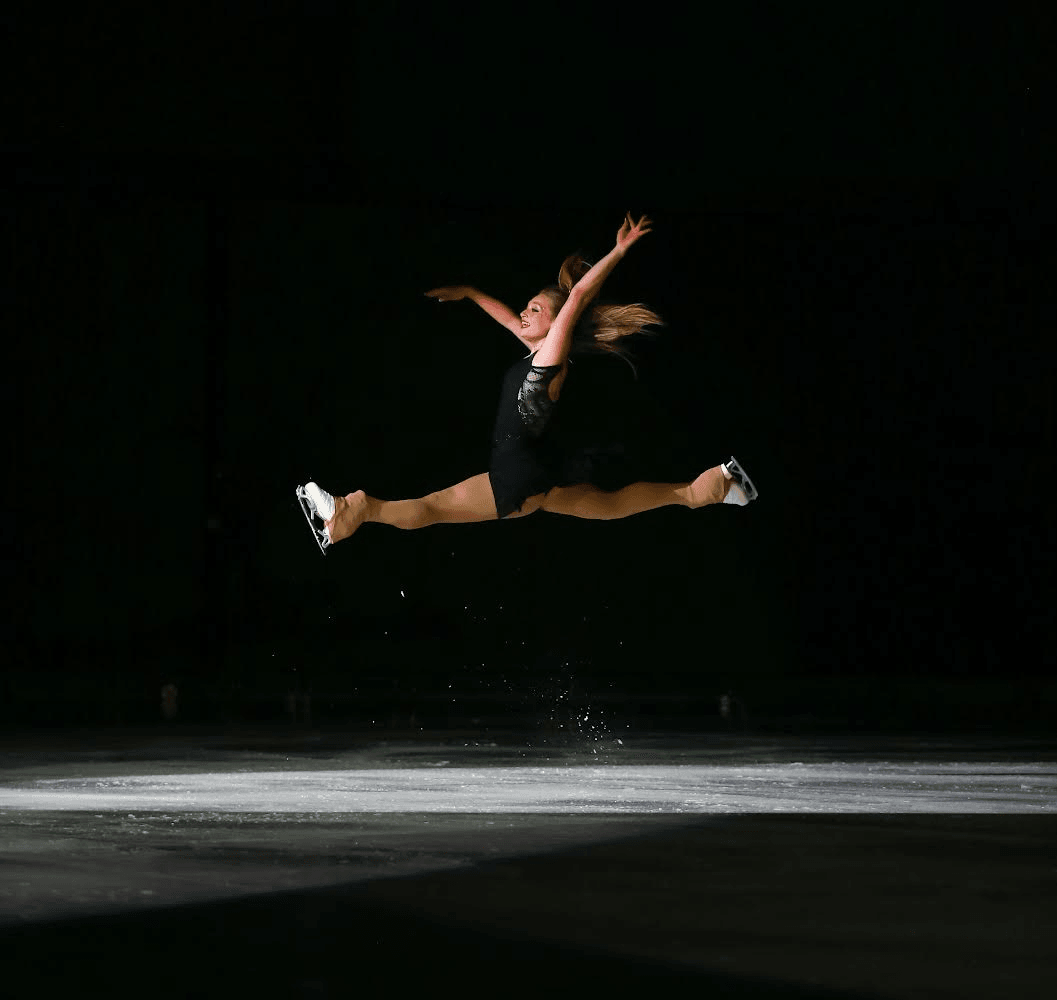
Image Credits
Cynthia Slawter Photography, On Ice Perspectives, William Kemper


